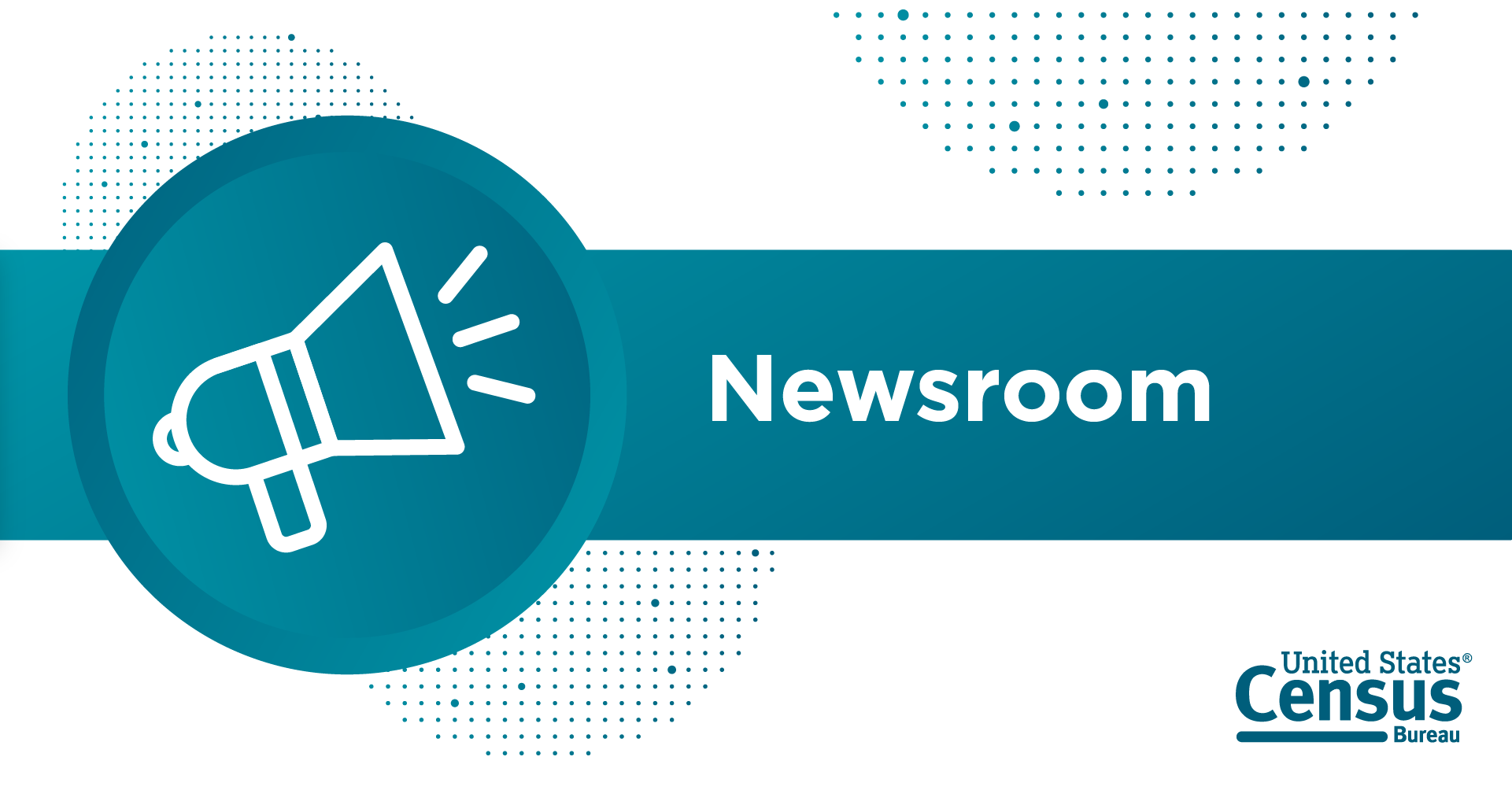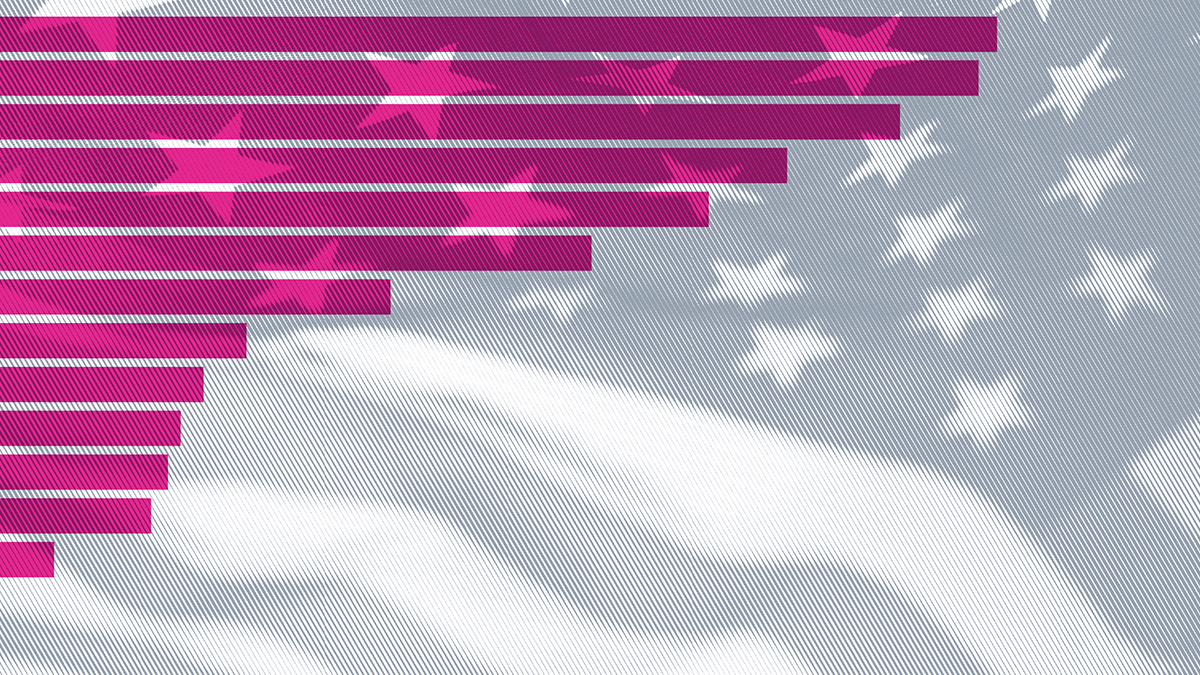Getting too many posts mixed up, so I will make it clear-
When I report numbers, I separate Residential from Businesses, both in Broadband and Video.
So, yes, when I write Households, I mean Households.
The number of households in the United States with permanent internet access via broadband continues to rise, reaching over 125 millionhouseholds in 2021. The United States is one of the biggest online markets worldwide.
The number of households in the United States with permanent internet access via broadband continues to rise, reaching over 125 million households in 2021.

www.statista.com
JUNE 18, 2024 — Most
U.S. households had at least one type of computer (95%) and had a broadband internet subscription (
90%) in 2021, an increase from 2018 (92% and 85%, respectively).
Most U.S. households had at least one type of computer (95%) and had a broadband internet subscription (90%) in 2021, an increase from 2018.

www.census.gov
And yes, most Businesses do not have fast speeds, a lot has to do with it being more expensive, if they do, they believe 50 mbps is the fastest they need.
I was at the Veterinarian yesterday, I used their wifi, did a speedtest, barely got above 10 mbps.






